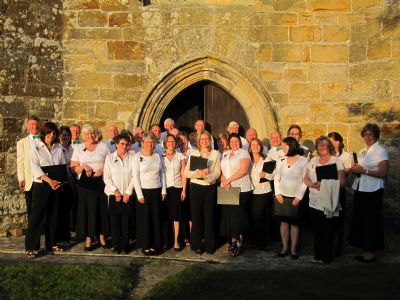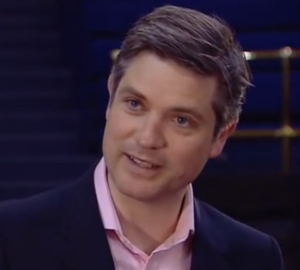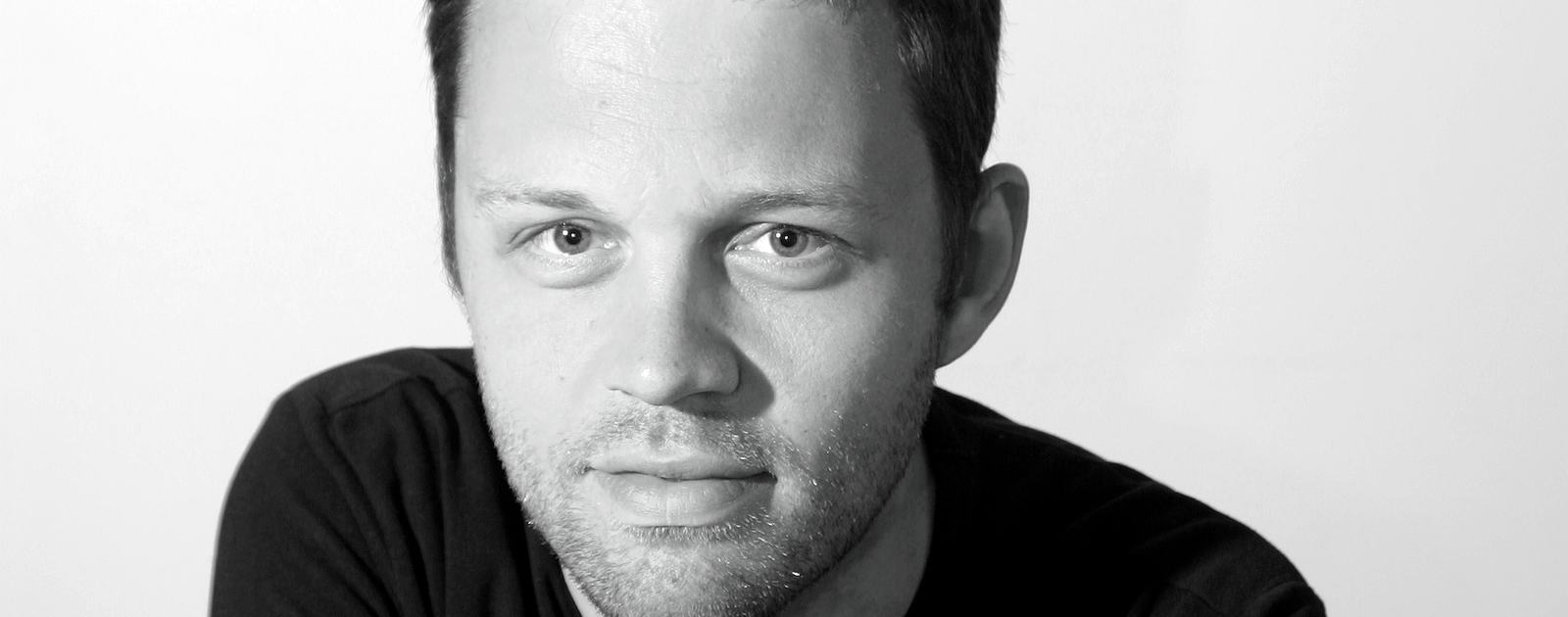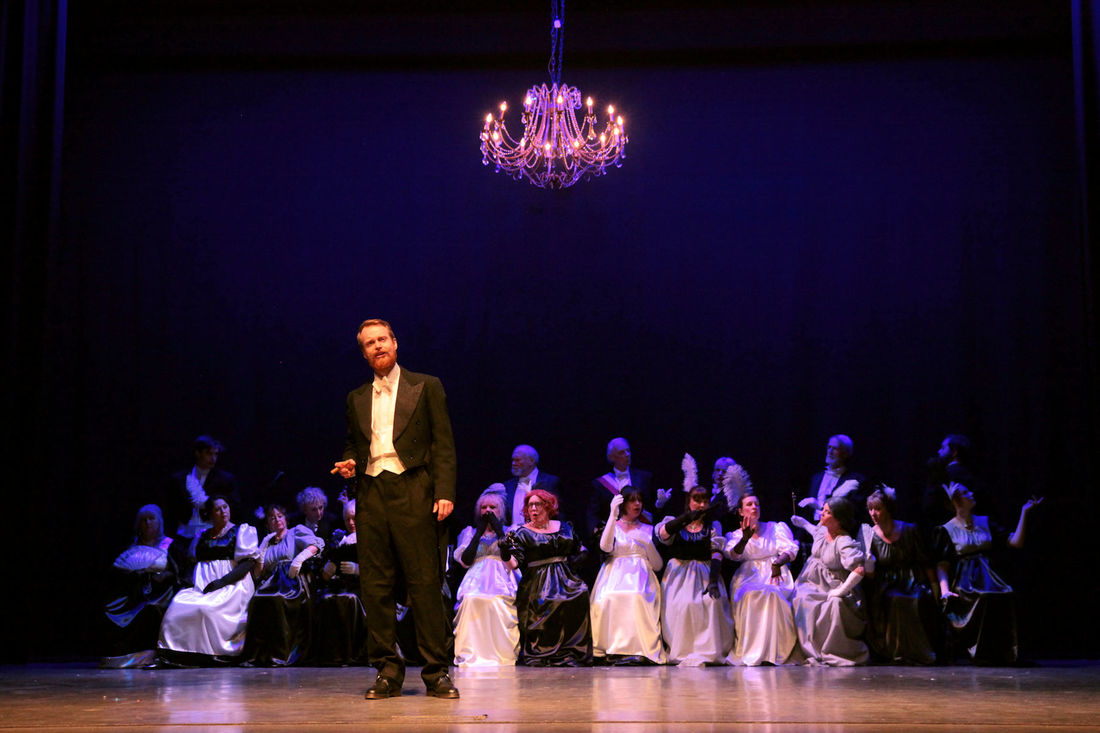MIDNIGHT AT ST ETIENNE DU MONT
Joseph Nolan, organ of St Etienne du Mont, Paris
SIGNUM SIGCD470 78’35
This 9th Signum CD by Joseph Nolan celebrates the Parisian organ tradition and is recorded on the organ that Durufle knew so well, St Etienne du Mont. Presented here are Suite, Op 5 by Durufle alongside movements from Vierne’s Symphonies 5 & 6 as well as Fantomes from the 24 Pieces de fantasie, Op 54. Durufle’s transcription of Tournemire’s Improvisation sur le Te Deum opens the disc and David Briggs’ substantial Le Tombeau de Durufle concludes the recital. The name of the CD is inspired by Woody Allen’s film Midnight in Paris. It is easy to imagine being shut into the church through the night luxuriating in this evocative music.
(There is a mistake on the back cover insert – the last item plays for much longer)
FREEDOM OF SPIRIT 2 – David Briggs improvises ‘Live’ in Concert
David Briggs, organs of Trinity College, Cambridge, & Hofkirche, Luzer, Switzerland
& piano in Igreja de Lapa, Portugal
CHESTNUT CD013 69’11
David Briggs has developed a reputation as a fine improviser, working with a range of material and producing some impressive, varied and well structure music. Here we have another collection of some of these one-off events, all from last year. The first, recorded at Cambridge is in the traditional French Catholic tradition – Suite Improvisee dans le style du Grand Siecle. This is followed by the three movement Triptyque Symphonique Improvisee sur deux themes. A shorter piano Improvisation in the style of Beethoven leads to the final Symphonie Improvisee en quatre mouvements recorded on the Luzern organ. It is very interesting to hear the way that Mr Briggs develops his material as well as his use of each instrument to bring colour and variety. It is also good to know that these “live” events have been preserved for future listening.
DOMENICO SCARLATTI – COMPLETE KEYBOARD SONATAS VOL 20
Artem Yasynsky, piano
NAXOS 8.573604 58’55
This series has reached volume 20. Although this music is very worthwhile and is performed and recorded to the highest standards I continue to wonder at the value of these extended “complete” series, apart from for reference.
GEORGE PHILIPP TELEMANN – THE GRAND CONCERTOS FOR MIXED INSTRUMENTS VOL 5
La Stagione Frankfurt, conductor Michael Schneider
CPO 555 082-2 70’03
This 18th Century music written for courtly celebrations reflects the importance of hunting and dancing in the recreational life of the aristocracy. A varied selection of such music includes Divertimento in E flat major and Sonata in D major alongside 3 concerti for various wind & string combinations.
THE SECRET MASS – CHORAL WORKS BY FRANK MARTIN & BOHUSLAV MARTINU
Danish National Vocal Ensemble, conductor, Marcus Creed
OUR Recordings 6.220671 64’13
This is a very interesting disc of unaccompanied choral music from two composers born in different countries in the same year, 1890. They have left numerous works but few for unaccompanied voices and this release collects those works together. The title of the CD alludes to the fact that Martin’s Mass was not made public until 40 years after composition. The forces involved (double choir) mean that it has not been heard that often and recordings are always welcome. Alongside Martin’s Mass for two four-part choirs we hear his Songs of Ariel and Martinu’s Four Songs of the Virgin Mary and Romance from the Dandelions.
PASSION & POLYPHONY – SACRED CHORAL MUSIC BY FRANK MARTIN & JAMES MacMILLAN
Sonoro, conducted by Neil Ferris
RESONUS RES10208 66’31
It’s a bit like buses… Here is another recording of Martin’s Mass for Double Choir. This time it is bookended by works from contemporary composer James MacMillan – Ceclila Virgo, Children are a heritage of the Lord, Miserere, Hymn to the Blessed Sacrament, Bring us O Lord God, Data est mihi omnis potestas & concluding with the now very familiar (but still striking) O radiant dawn. This programme also works very well.
MON DIEU ME PAIST – PSALMS BY CLAUDE LE JEUNE
Choir of St Catherine’s College, Cambridge, Edward Wickham (conductor)
RESONUS RES10206 58’26
This is a very interesting and enjoyable release. Psalm-settings by this 16th Century Franco-Flemish composer from his Psalm collection, Dodecacorde, are paired with hymn settings of the same psalms from the Calvin Psalter. Beautifully sung in French under Edward Wickham’s direction, this collection takes its title from Psalm 23.
SERA D’INVERNO – SONGS BY ILDEBRANDO PIZZETTI
Hanna Hipp (mezzo-soprano) & Emma Abbate (piano)
RESONUS RES10209 55’20
Here is a good selection of songs from Italian twentieth century composer Ildebrando Pizzetti, showing something of the drama and emotion with which he sets the texts of a variety of authors, exploring themes of life and death, love and spirituality. Full texts and translations are included in the informative booklet.
SIGFRID KARG-ELERT – THE COMPLETE ORGAN WORKS VOL 15
Stefan Engels, Steinmeyer organ of Nidaros Cathedral, Trondheim, Norway
PRIORY PRCD 1185
Another long-running “complete” series ends with Volume 15, comprising the remaining original works of Karg-Elert,the major work here being Kaleidoscope, Op 144, a four movement suite lasting just under 20 minutes. Alongside this are some of his transcriptions of well-known classics including Handel’s Harmonius Blacksmith and the Pastorale from Bach’s Christmas Oratorio.
THE COMPLETE ORGAN SONATAS OF JOSEF RHEINBERGER
Roger Sayer, organ of The Temple Church, London
PRIORY PRCD 1165 (6 CDs)
Despite my reservations about some “complete” releases here is one that is very welcome. In a neatly packaged box set these 6 CDs provide excellent recordings of all 20 sonatas played here on this well-known but little recorded organ by Roger Sayer. This works as a useful reference but with the sonatas arranged as they are these are CDs that can be enjoyed in their own right.
J.S. BACH FROM SALISBURY
David Halls, organ of Salisbury Cathedral
PRIORY PRCD 1197
Priory has released some very interesting series over the years, not least the Great European Organ series which reached its 100th, and final, CD a little while ago. The label has recently embarked on a new series combining accomplished organists with great cathedral organs and selected music by Bach. The intention is to make available something of the experience of Bach played on the organs of the English cathedral tradition as a contrast to recordings made on historic and modern “authentic” instruments. This new project began with a recording from Durham and here now moves to Salisbury with an enjoyable selection of Preludes & Fugues.
J.S. BACH FROM LIVERPOOL
Ian Tracey & David Poulter, organs of Liverpool (Anglican) Cathedral
PRIORY PRCD 1191
The next release in this series has a selection of chorale preludes, transcriptions from various works by Ian Tracey, the Trio Sonata No 1 in E flat, and bookended by two larger works, Fantasia in G and Prelude & Fuguein G major, BWV541. Ian Tracey, long associated with the cathedral plays half the programme on the main organ, whilst David Poulter, until recently the cathedral’s subsequent Director of Music, plays the Lady Chapel instrument. It is lovely to have both organs featured together on one CD, highlighting the differences but effectiveness of this pair of Willis organs. Altogether this is a varied and enjoyable programme.
Stephen Page




